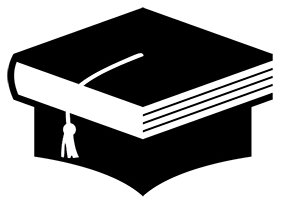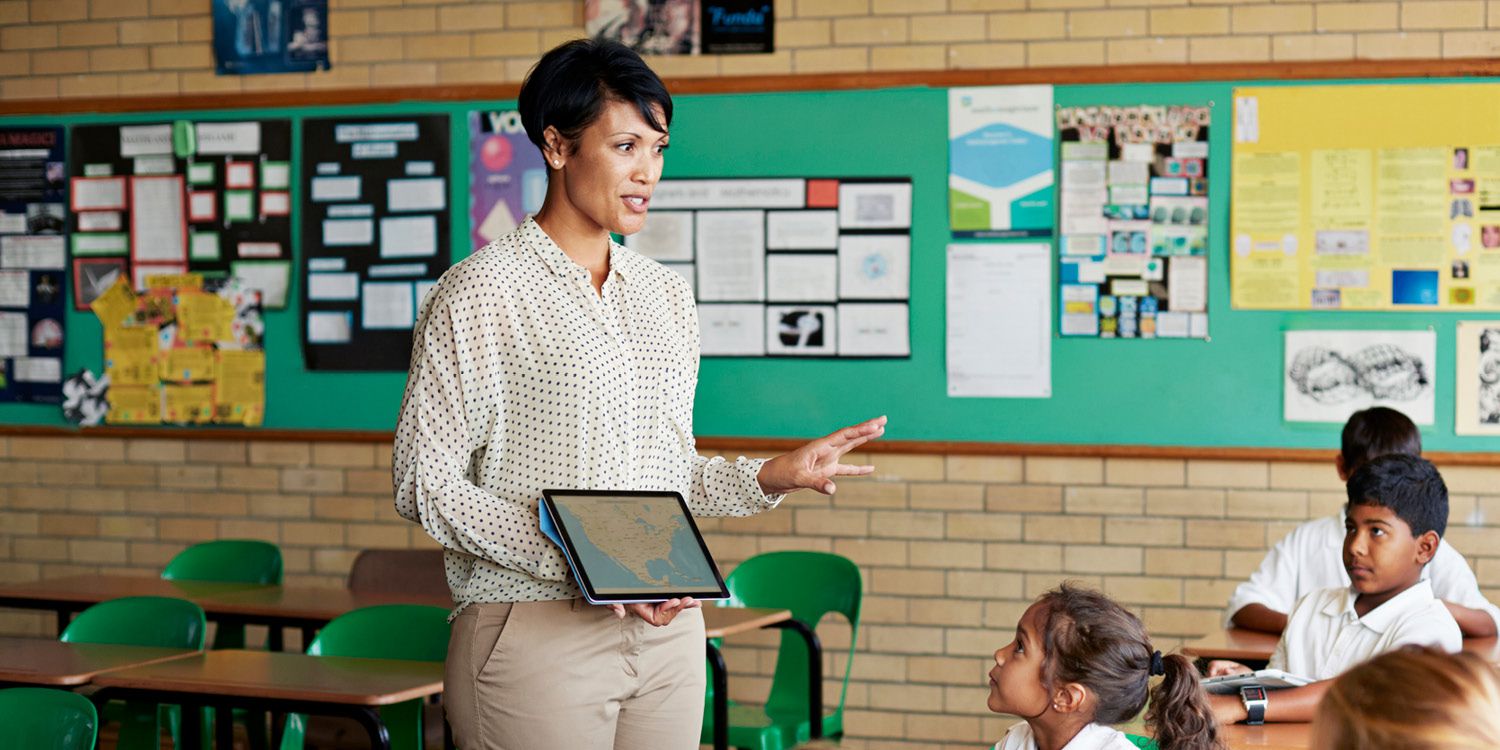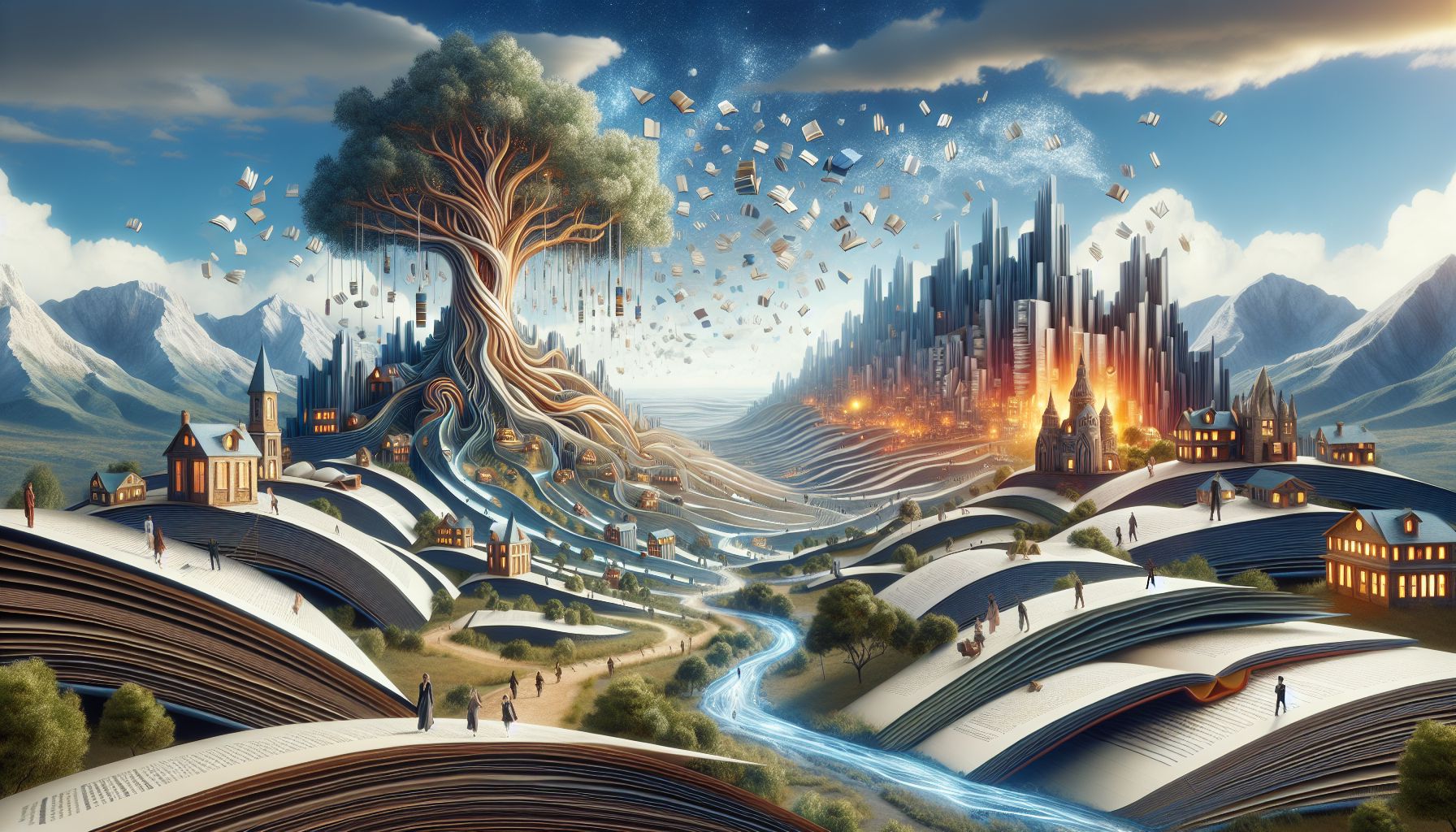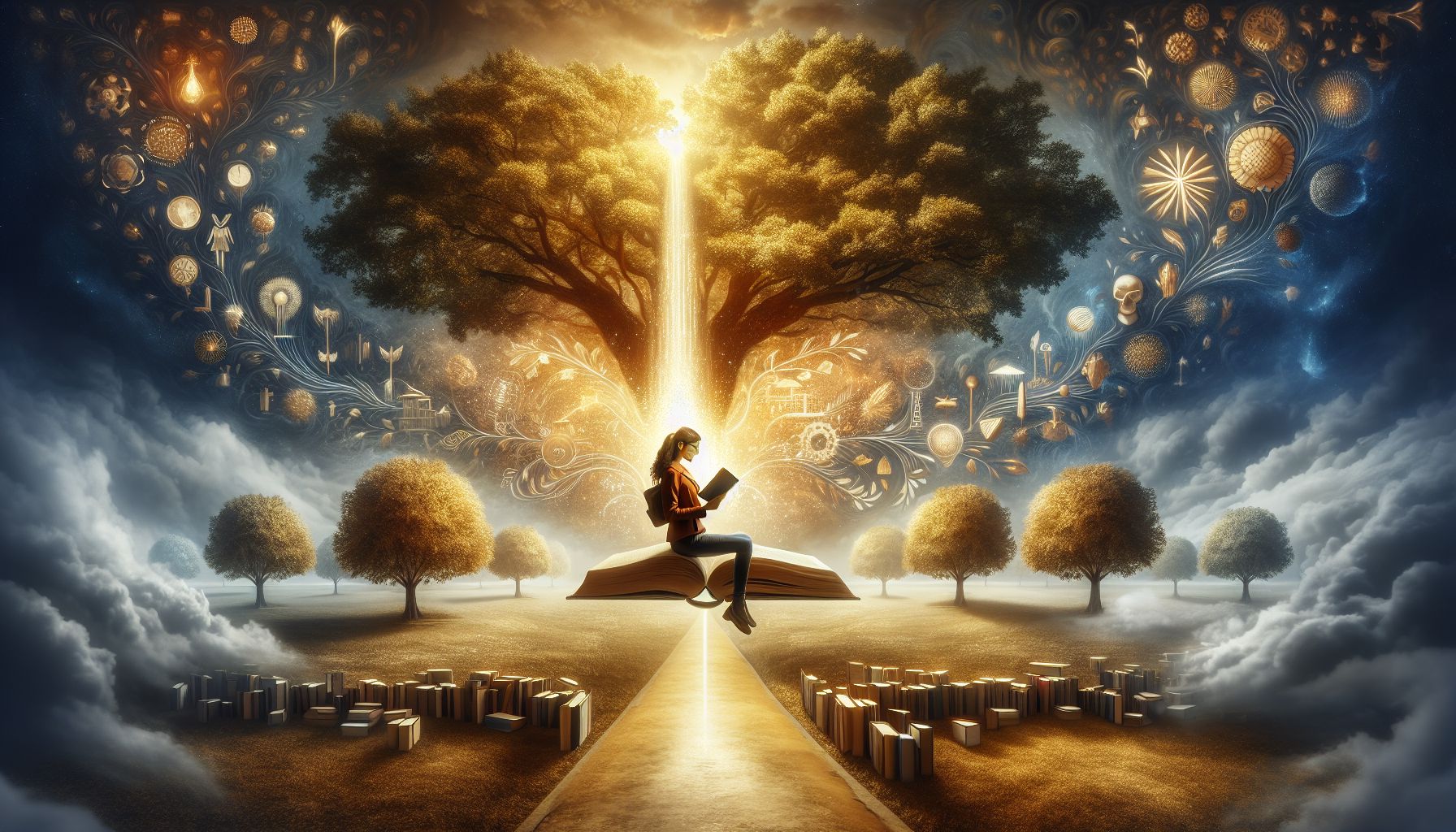Books have long been regarded as windows to new worlds, gateways to knowledge, and catalysts for personal growth. In the realm of education, books have played a pivotal role in shaping the minds and hearts of learners throughout history. However, in an era of technological advancements and digital media, the place of books in education is constantly evolving. This blog post delves into the current trends and innovations in education, shedding light on the continuing relevance of books and their profound impact on society.
In an increasingly interconnected world, education is no longer confined to traditional classrooms. Online platforms, e-learning tools, and virtual libraries have opened up new horizons, offering learners access to a vast array of knowledge at their fingertips. While digital resources provide convenience and flexibility, there is something unique about the tangible experience of reading a physical book. The scent of the pages, the texture of the paper, and the act of physically turning each page create an intimate connection between the reader and the material. As technology proliferates, educators and learners alike are rediscovering the value of incorporating physical books into their educational journey.
Beyond the realm of technology, books continue to captivate readers through their timeless themes and compelling storytelling. Literature has the power to ignite curiosity, empathy, and critical thinking in readers, making it a valuable tool in education. By exploring diverse voices and narratives, books foster an appreciation for different cultures, perspectives, and experiences. They provide an avenue for learners to develop a deeper understanding of the world around them, encouraging them to engage in vibrant discussions and challenge preconceived notions.
In recent years, there has been a notable surge in the popularity of non-fiction books in educational settings. These books serve as conduits for learning outside the confines of textbooks, offering readers an opportunity to delve into real-world issues and expand their intellectual horizons. From memoirs and biographies to scientific explorations and historical accounts, non-fiction books provide a platform for educators to infuse interdisciplinary learning into their curriculum. By incorporating non-fiction literature into the educational landscape, students can develop a broader perspective, applying knowledge gained from books to real-life situations.
Moreover, books have the remarkable ability to bridge the gap between generations. Through classic literature, younger generations can gain insights into the collective wisdom of previous eras. On the other hand, contemporary literature enables older generations to understand the evolving perspectives and concerns of today’s youth. By studying both classical and modern texts, educators create a space for intergenerational dialogue, fostering an appreciation for diverse authors and literary traditions.
In conclusion, while the landscape of education continues to evolve with technology and shifting paradigms, books remain a cornerstone of intellectual growth and exploration. They engage readers on an intimate level, evoke empathy, and foster critical thinking. By incorporating physical books, digital resources, and non-fiction literature, educators can create a multi-dimensional learning experience that cultivates a love for reading and illuminates the path to personal and societal growth. Books have the power to shape minds, nurture empathy, and spark transformative conversations. As we embrace the advancements of the digital age, let us not forget the invaluable impact of books in the world of education.




